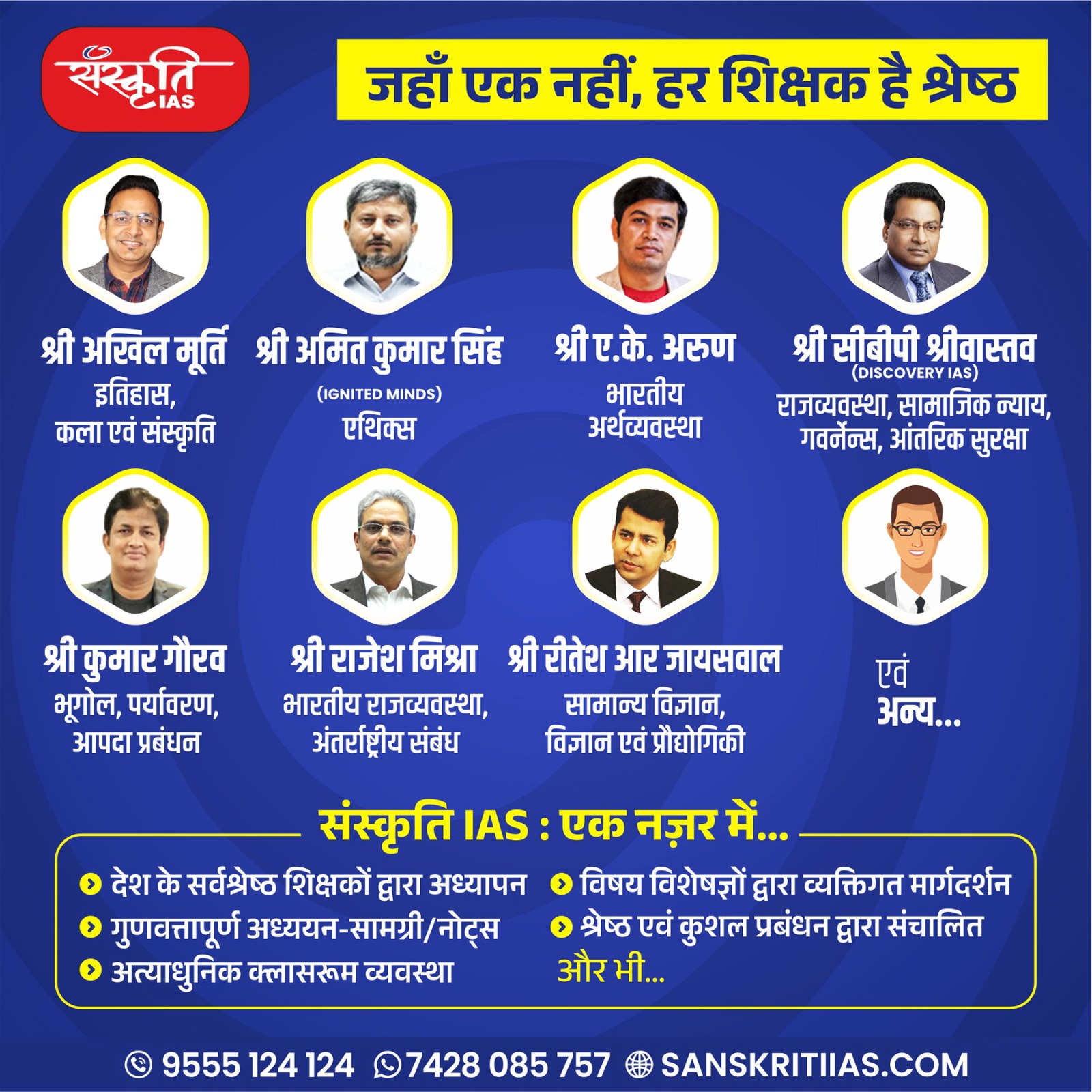Ashwin is one of the most versatile cricketers for the Indian team. At 95 Tests, he took 500 wickets in Test Cricket. Ashwin becomes the ninth player to reach this landmark in the history of cricket. Over the years, he has been one of the best players. The 37-year-old off-spinner got 500 Test Wickets on the second day of the Test match against England in Rajkot, dismissing Zak Crawley.
Ashwin Statement
He said he had dedicated this to his father and he is responsible for everything that ever he has done. He said his father always goes through heart attacks whenever he play. Further, he also added whenever he plays, his father sees him on television and tries to provide constant support. Hence, 500 wickets have gone now, and the Test match is hanging in the balance. Meanwhile, he also added that he has evolved as a cricketer and has been organically since his clubs days.
When Ashwin picked Red ball whether he was good to ball in red ball or not but he has evolved one of the best player, and put him half on a high challenging note. He also added his unexpected journey in cricket, emphasizing their transformation from aspiring batter to a successful spinner. Initially, they had ambitions to be a batter but ended up becoming a spinner by chance.

A pivotal moment in their career was when they joined the Chennai Super Kings (CSK) team in the Indian Premier League (IPL) and were given the opportunity to bowl with the new ball because a senior spinner, Muttiah Muralitharan, preferred not to. This opportunity marked the beginning of their recognition as a capable bowler.
Despite having a solid foundation from their first-class cricket career, it was their visibility and performance in the IPL that led to their selection for the national Test team. There was skepticism about their suitability for Test cricket, but over a decade later, they view their achievements in the sport as significant and fulfilling.
The narrative highlights, how unexpected opportunities can lead to a successful career in sports, even if it diverges from the athlete’s original aspirations. It also underscores the impact of domestic T20 leagues like the IPL in uncovering and nurturing talent, leading to international recognition and success.
Ashwin Little bit down 2018-2019
The individual in question, reflecting on a tumultuous period in their life between 2018 and 2019, juxtaposes a professional peak with personal turmoil. After achieving the prestigious title of ICC Cricketer of the Year, they unexpectedly found themselves descending into a profound personal crisis, described as a “bottomless pit” and a “really dark tunnel.” This phase was notably challenging for someone who typically maintains resilience in the face of adversity. Despite a general tendency to confront and learn from life’s downturns, the person admits to being blindsided by this particular episode, unable to pinpoint its cause or navigate through it with their usual determination.
Complicating matters were physical injuries related to their career as a bowler, including an adductor strain, which further exacerbated their struggle during this time. This narrative underscores the stark contrast between professional success and personal distress, highlighting the complex interplay between mental health and physical wellbeing, even for those who are outwardly achieving the highest accolades in their field.
Ind vs Eng, Rajkot: Ben Duckett once again alarmed India’s constant home dominance
Ashwin expresses a significant personal milestone or achievement, suggested by the mention of “500,” though it’s not explicitly detailed what this number represents. It could denote a career achievement, possibly in sports given the context. Ashwin reflects on a transformation in their attitude towards their sport and life since 2020, indicating a period of personal growth and change in perspective.
They’ve found a renewed passion for their sport, contrasting their current feelings with a time when they viewed it merely as a profession. This shift from seeing their sport as a job to rediscovering its joy marks a crucial development in their relationship with the game.
However, Ashwin acknowledges that this experience of fluctuating passion is common among long-term athletes, who may occasionally find their sport becoming monotonous and isolating. The essence of the statement is the speaker’s realization that rediscovering the joy in their sport, rather than any professional achievement, is their most valued accomplishment. This renewed passion signifies a profound personal victory, emphasizing the importance of finding joy and fulfillment in one’s pursuits.























